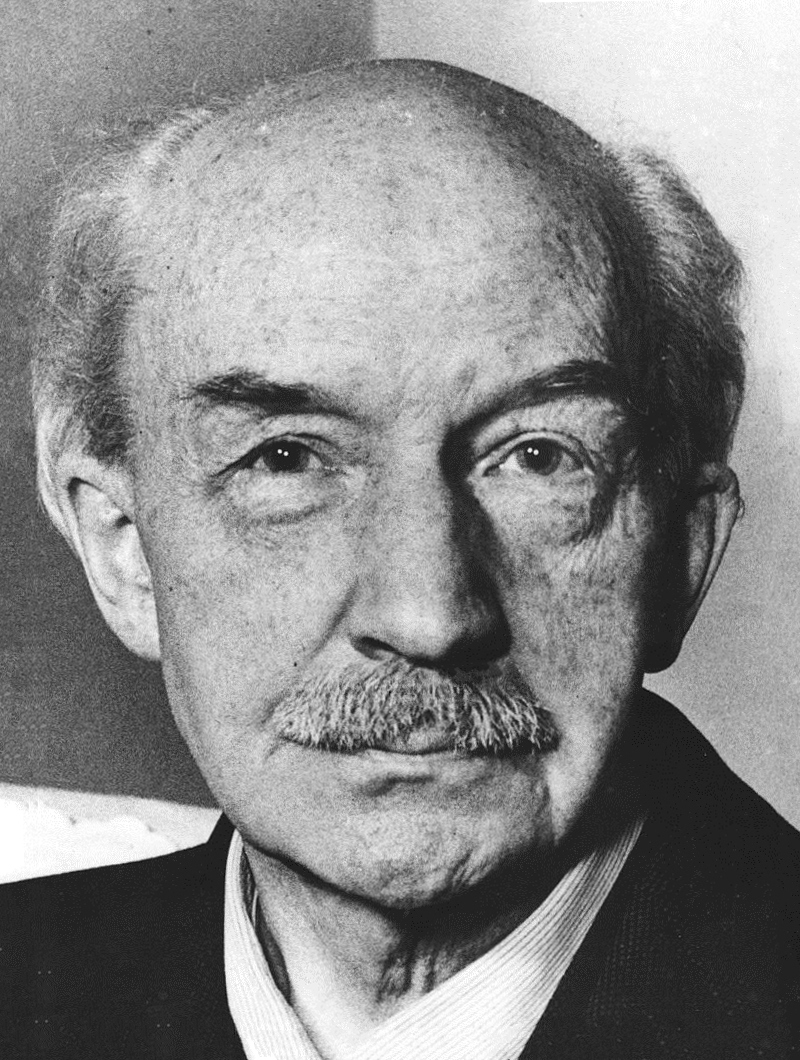EPJ H Highlight - Revisiting the failure of Germany’s wartime nuclear program
- Details
- Published on 27 June 2025

Analysis suggests that the failure of Germany’s nuclear program during World War II was strongly tied to the lack of petroleum coke with which to make high-purity graphite: a material which the more successful American program had in abundance.
During World War II, Germany developed a program dubbed ‘Uranverein’, or ‘Uranium Club’ – which aimed to build a functioning nuclear reactor. But where the parallel American program succeeded, Uranverein ultimately ended in failure: an outcome widely studied by physicists and historians. One particularly pivotal point in this failure was the program’s choice to abandon graphite as a nuclear moderator. Today, it is widely believed that this decision stemmed from erroneous experimental results by a German nuclear physicist, Walter Bothe.
Through an investigation published in EPJ H: Historical Perspectives on Contemporary Physics, researchers led by Patrick Park at Princeton University present an alternative idea: that identically pessimistic tests in January 1941 dissuaded both Walther Bothe in Heidelberg and Enrico Fermi at Columbia from graphite moderation. Instead, graphite moderation was only possible in the US due to the discovery of an exceptionally low-boron petroleum coke feed in Pennsylvania later that year. The team’s findings challenge a long-standing misconception about Germany’s wartime nuclear program and suggest that Bothe likely couldn’t have avoided his erroneous results.
A nuclear moderator is a material that slows fast-moving neutrons produced during nuclear fission. This makes them more likely to be captured by heavy nuclei, sustaining the chain reaction. When identifying a suitable moderator, one key factor is the cross-section: the likelihood of two particles interacting as they approach each other. Graphite, composed entirely of carbon atoms, has cross-sections especially favourable for neutron moderation.
Park’s team examined a large collection of wartime reports from German and American physicists. Their analysis showed that in 1942, when Uranverein abandoned graphite as a moderator, both sides were using incorrect carbon absorption and scattering cross-sections. This would have skewed their understanding of graphite’s moderating properties.
The study also showed that both programs were strongly influenced by the availability of pure graphite. While it could be produced in the US by using petroleum coke feeds, German graphite – including that used by Bothe – naturally contained higher levels of boron, a strong neutron absorber, as they were made from coal instead. The team concludes that Germany’s choice to abandon graphite was a rational response to material constraints, not a simple experimental error.
Park, P.J., Herzele, S. & Koeth, T.W. Myths of nuclear graphite in World War II, with original translations. EPJ H 50, 11 (2025). https://doi.org/10.1140/epjh/s13129-025-00098-7




